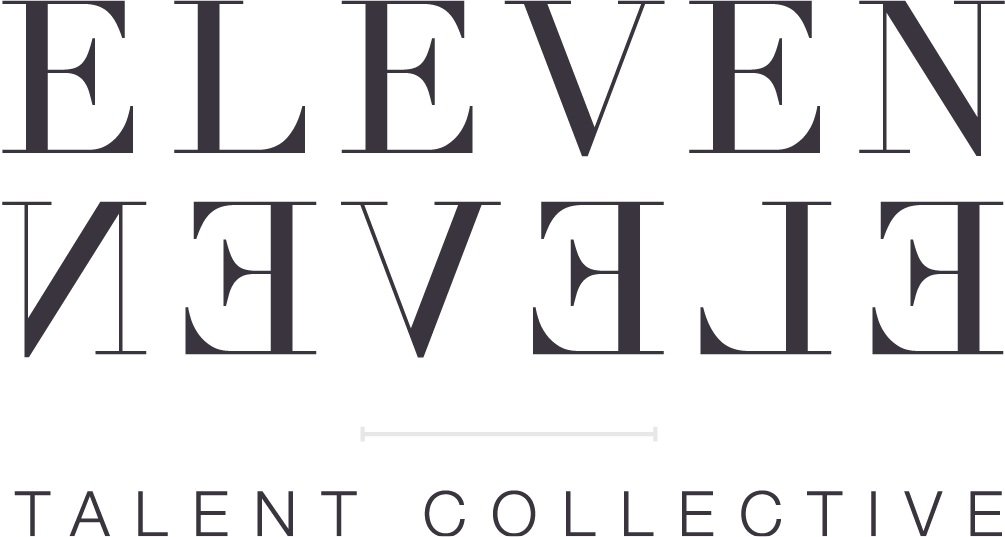The Portfolio Career
The future of employment is changing rapidly, and that means candidates and employers are changing in line. We have all heard the stats; 7 careers in your lifetime, 20 different jobs in your career, millennials’ expected time in a role is only 2 years, 60% of the workforce is going to be working for themselves in 5 years, it goes on and on.
I have made conscious decisions in my career to make sure I am not only growing in my role but also adding as much possible value for the company I’m working for and have moved jobs when those criteria aren’t being met. I have surrounded myself with amazing mentors from across industries and across generations. Most of the baby boomers I know and love have given me advice when I’ve moved jobs. “Careful now. You don’t want to seem flighty.” “You move jobs so much! How is that going to look on your resume?” Out of concern, these people are looking out for me in a world that doesn’t exist anymore. The idea of the portfolio career is something that makes more sense to me the more I think about it.
In this knowledge economy where the number of skilled workers is shrinking and the fight for strong and experienced talent is real, it seems the traditional psychological contract of employment is dead. Employees understand their value, and play to that. For example, if (like me) they are builders, they will continue to find opportunities where they get to build. If they start to get into maintenance mode, they will become bored and look for something else.
As recruiters or talent professionals, how do we handle this change so that we’re not left scrambling to fill the same role over and over?
In a large organization, it is important to understand your people’s strengths and value during the interview process and share this information with the hiring manager. If this person ends up being high performing and there is risk of them moving on, think about exposure across the organization. Where else could they make their magic elsewhere inside the organization? For example, if someone’s awesomeness is in bringing people together and driving results through projects, those skills are valuable in nearly any department. How can you support them in their growth while still hanging onto their great talent?
In a smaller organization where you might not have the freedom to play with talent so fast and loose, perhaps you could think about spending your money on multiple experts some of the time, rather than one generalist all of the time. Instead of looking to fill a (cheap) full time role, can you find someone who is amazing at what they do but only a couple of days a week? There will be more people trying to create freelance careers who are used to the traditional full time gig. A couple of part time ones is an easy way to transition to that, and you get concentrated bursts of expertise at a price you can afford.
Are you seeing more of these creative solutions to employment? Are you seeing more people with portfolio careers? Find me at jessihutcheson.com and let’s continue the conversation.
—
